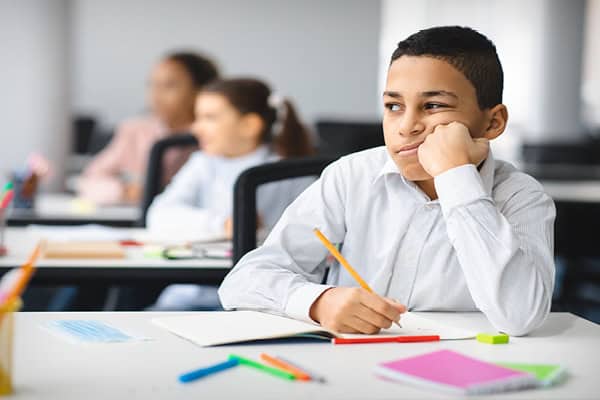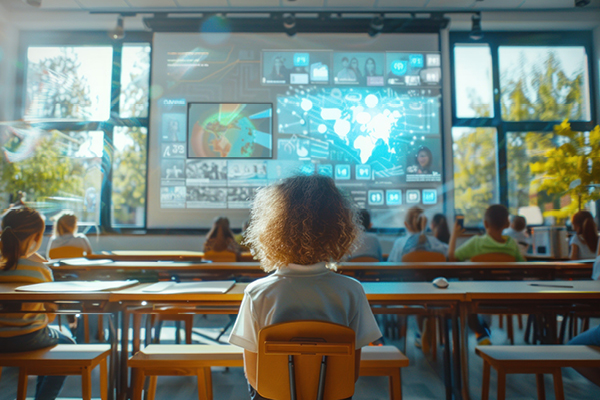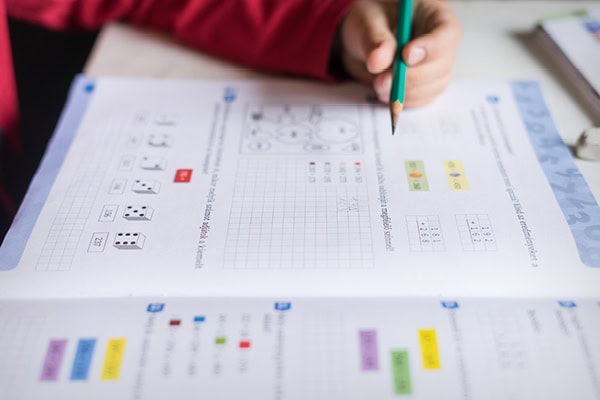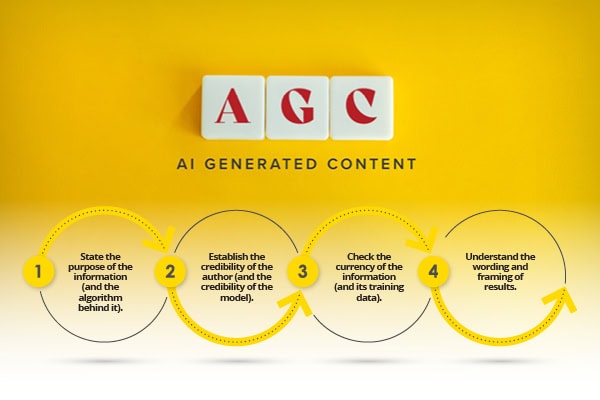Twenty-six percent of public school leaders reported that “a lack of focus or inattention from students” had a “severe negative impact” on learning during the 2023-24 school year, according to new National Center for Education Statistics (NCES) data, as reported in Education Week. This number spiked to 75 percent when school leaders were asked if students’ lack of focus or inattention had either a “moderate” or “severe” negative impact on learning.
Other than a lack of focus or inattention, school leaders selected the following as having a severe negative impact on learning:
- Students being academically unprepared for school (e.g., not doing homework, not bringing necessary supplies) (21 percent)
- Students being disruptive in the classroom (e.g., calling out, talking to others during instruction, getting out of a seat when not allowed, leaving the classroom) (19 percent)
- Students not doing individual work (19 percent)
- Students being physically unprepared for school (e.g., lack of sleep, not eating before school) (18 percent)
- Use of cellphones, computers, and other electronic devices when not permitted (16 percent)
The study reveals that as of May, 83 percent of public school leaders say that the pandemic and its lingering effects continue to negatively influence the socioemotional development of students.
School leaders indicate they need increased resources to better support student behavior. In May, 76 percent of the public school leaders polled said they needed “more support for student and/or staff mental health,” 71 percent needed “more training on supporting students’ socioemotional development,” 61 percent needed “more training on classroom management strategies,” and 52 percent said “more teachers and/or staff need to be hired.”
The report also revealed data on tutoring practices within schools. Forty-six percent of public schools reported providing “high dosage” tutoring during the 2023-24 school year, and 90 percent of these schools rated it as being at least moderately effective in improving student learning outcomes. High-dosage tutoring is defined by NCES as a student receiving one-on-one or small group tutoring three or more times per week, and for at least 30 minutes per session by an educator or trained tutor, among other qualifications.
Education Week





